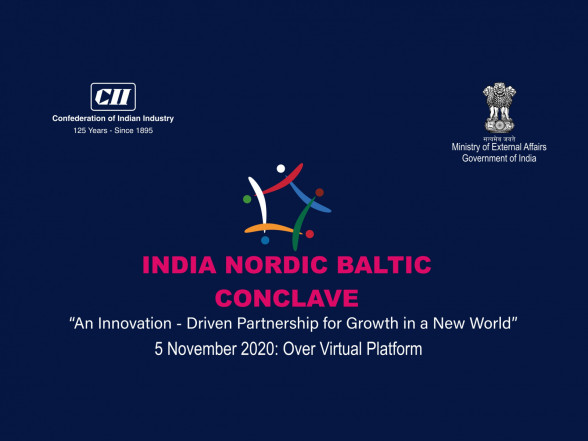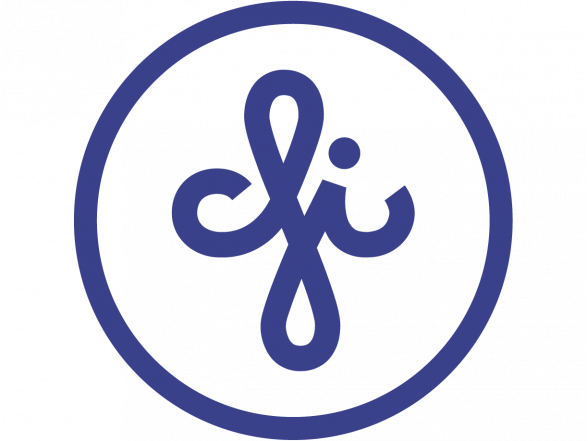Labs of Latvia, a startup community platform providing information from and about the Latvian startup scene to the world, has published a series of articles on the Latvian Quantum Initiative. The second article about the potential of quantum technologies actively explored in Latvia also provides examples of how the ISSP UL gets involved in the new initiative.
Latvian researchers have been working with quantum technologies for many years and have excelled in several areas.
The active elements of a quantum device can usually only be seen in an electron beam microscope; the precision must be down to the molecular level. The Nanotechnology Centre at the Institute of Solid State Physics, University of Latvia, can fabricate the nano-sized structures needed to make quantum electronic and photonic devices.
As to when and how the ISSP UL decided to focus on quantum technologies, Andris Anspoks, head of the institute, points out that it is difficult to draw a line between quantum and “non-quantum” technologies. “Even the simplest transistor, photo sensor and laser that we use in photo and video cameras, or laser meters, are based on certain effects of quantum physics. But today, we call quantum devices those that operate with individual electrons rather than electric currents and individual quanta of light, photons, rather than light in general. Interestingly, some of these quantum technologies have been around for a long time, but it took a long time to translate the technology into a product,” says Anspoks.
One example of a quantum device is the frequency comb developed by the ISSP UL, the Institute of Atomic Physics and Spectroscopy of the University of Latvia, and Riga Technical University. The aim is to achieve faster optical communications and more sensitive sensors.
“Another example we are working on is an optical transistor that would significantly increase data transmission speeds. This could be a revolution in data transmission,” says Anspoks.
Leading Latvian scientists and academics from the University of Latvia, Riga Technical University, the Institute of Solid State Physics, University of Latvia (ISSP UL), and the Institute of Mathematics and Computer Science of the University of Latvia working in the field of quantum technologies have established the Latvian Quantum Initiative. This initiative will help oversee and coordinate quantum technology-related activities in Latvia, participate in European quantum technology networks, follow the needs of the Latvian industry and represent its interests in quantum technology development.
Full article available in English
For more information about the Latvian Quantum Initiative, visit the quantumlatvia webpage.



